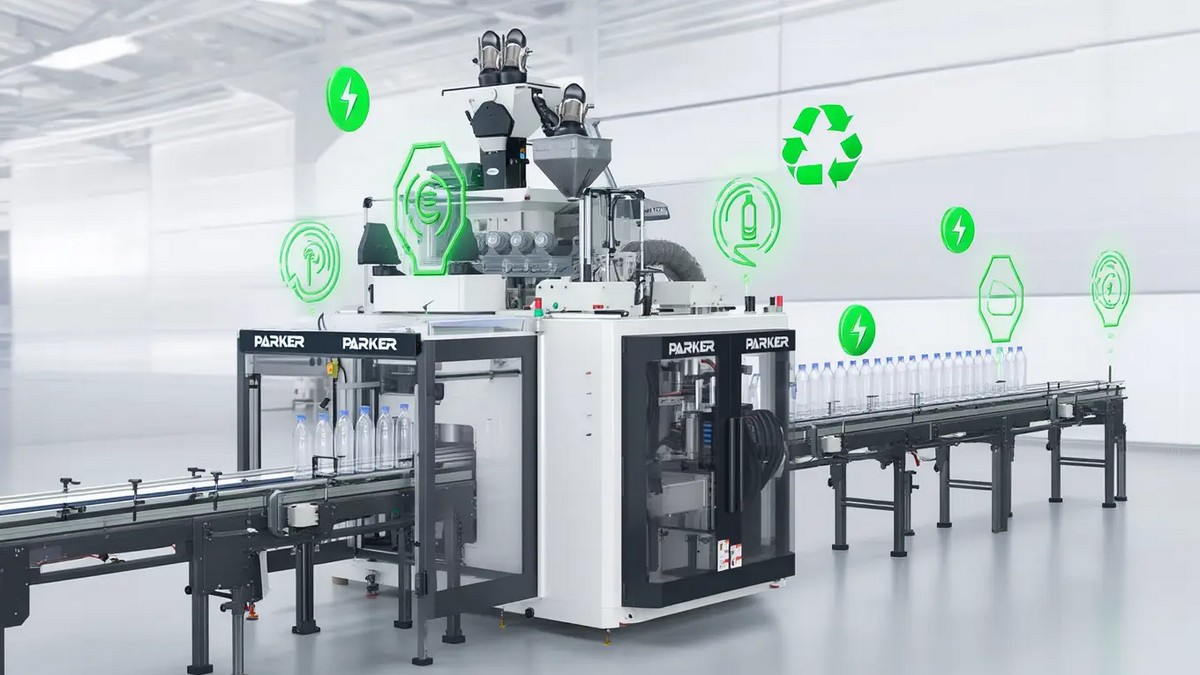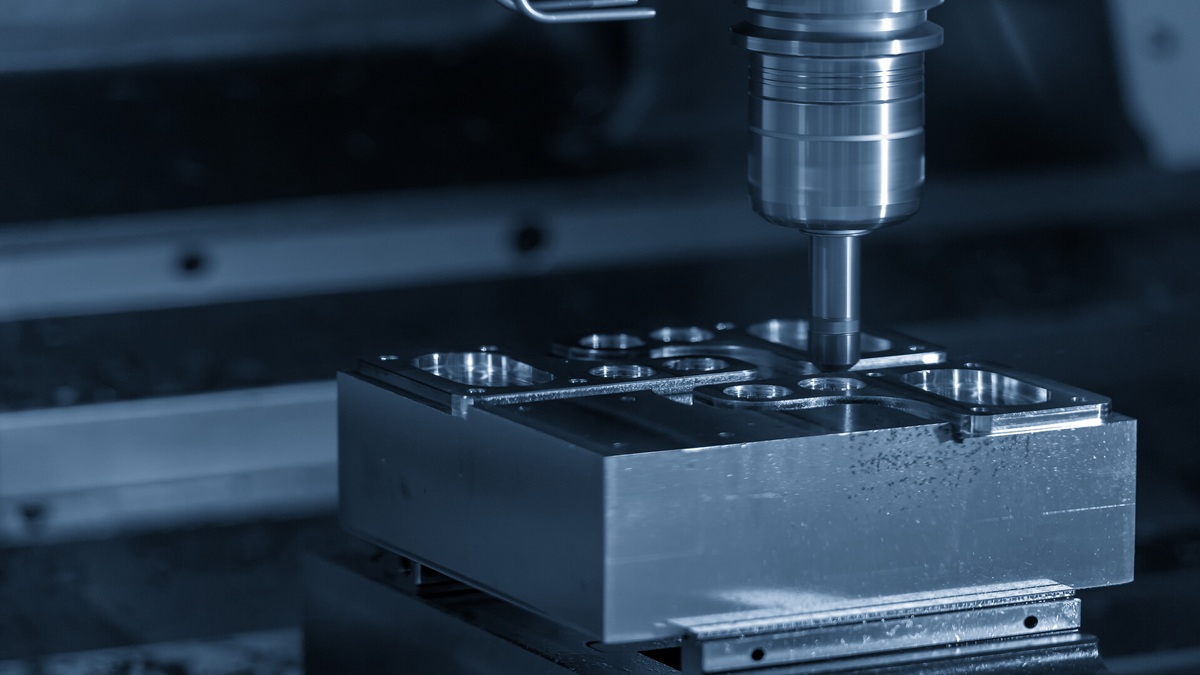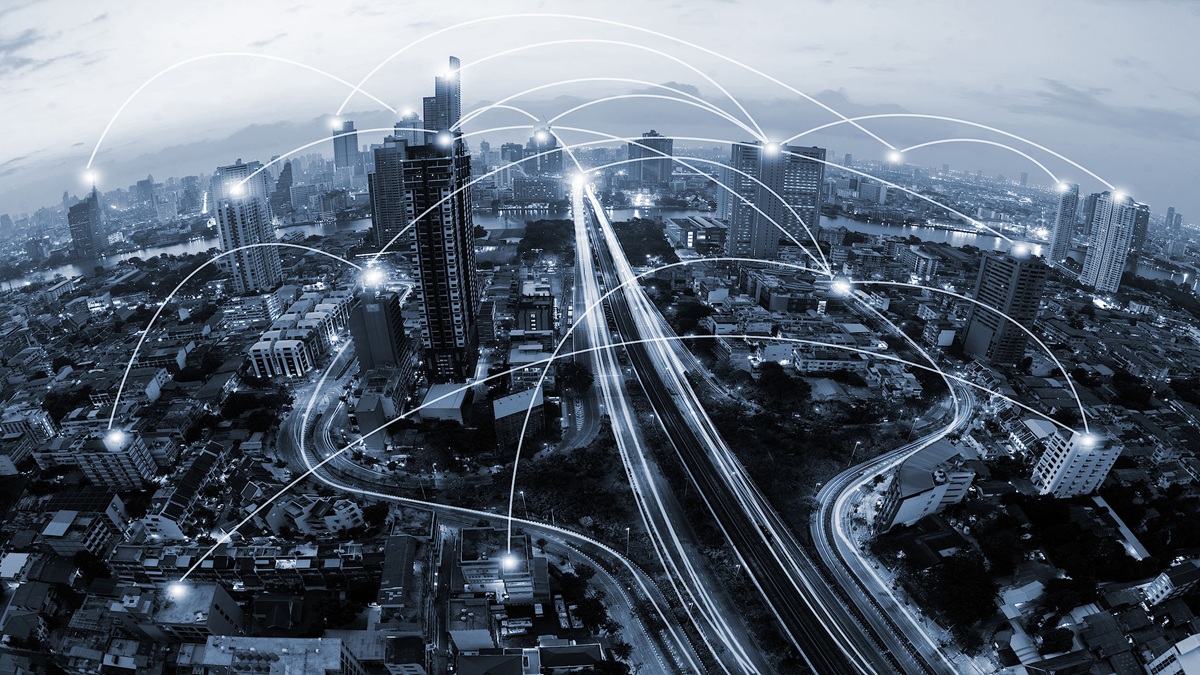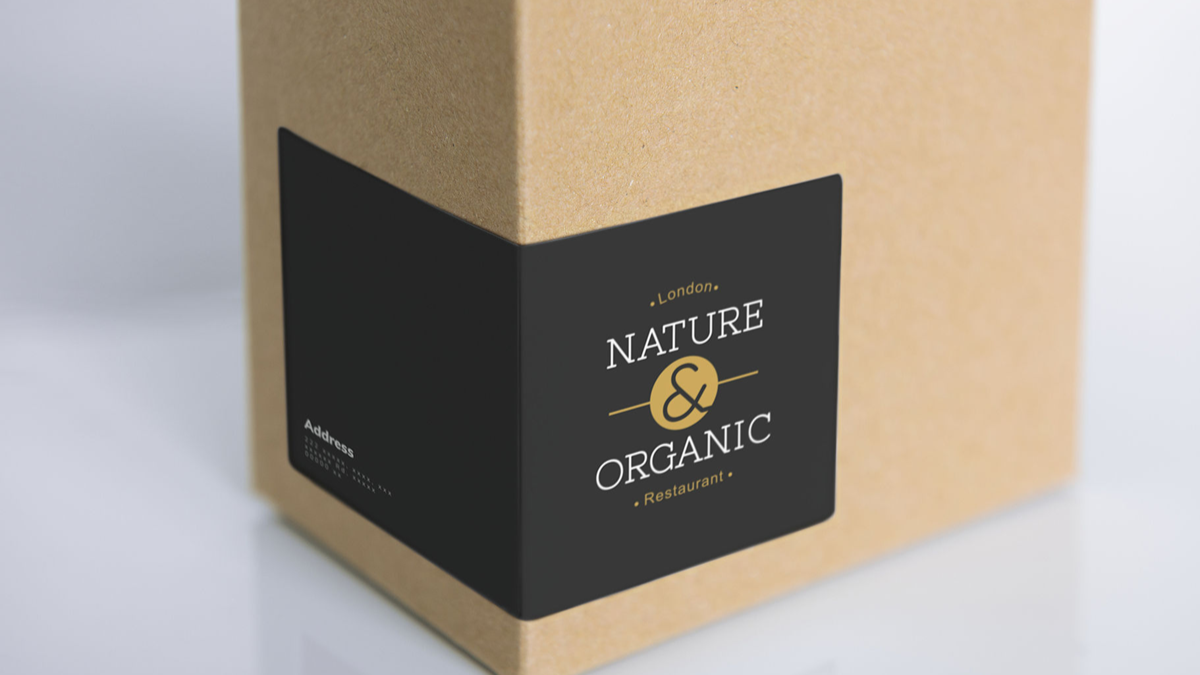In the preparation of floors and foundations - where even minor deviations can have major consequences for machinery calibration, safety, or structural longevity - laser levelers have largely replaced traditional manual leveling methods, offering automation, speed, and pinpoint accuracy. Laser levelers - often referred to simply as laser levels - have become essential in a wide range of industries, from civil engineering and infrastructure projects to interior remodeling, equipment installation, and high-tech manufacturing.
What Are Laser Levelers?
At the heart of a laser leveler is a rotating laser transmitter which projects a 360-degree reference beam of light across a surface—either horizontally, vertically, or at a specific angle. These lines serve as highly visible guides for construction and layout work from which all height measurements are made. Whether aligning tiles on a wall, installing HVAC ductwork, or establishing a level foundation for a multi-story structure, laser levelers ensure that measurements and alignments are accurate and consistent.
To set up the system, an engineer first positions the laser transmitter at a stable point near the worksite, elevating it on a tripod and calibrating it to the desired height using a built-in level. After ensuring the laser is broadcasting a stable signal, the operator synchronizes the machine’s receiver with the laser. Once aligned, the machine begins its pass, adjusting continuously based on the laser’s signal.
Real-World Applications
On construction sites, rotary laser levelers are widely used for grading land, setting foundations, or installing fences and drainage systems. In interior work, line laser levels help carpenters and electricians align fixtures, cabinetry, drop ceilings, and partition walls with pinpoint accuracy. Manufacturing facilities use laser levelers in equipment installation, assembly line alignment, and cleanroom setup. Even airport runways benefit from their high precision and uniformity, enhancing safety and structural performance.
The integration of green beam lasers—brighter and more visible than traditional red lasers—has further expanded usability in brightly lit environments, while digital readouts, Bluetooth connectivity, and smart calibration features are opening up new use cases in smart factory environments and automated building systems.
Laser-Guided Screeds and Graders
For laying a level concrete foundation for a building, the laser leveler guides a leveling machine—often a screed or grading vehicle—equipped with a sensor that constantly reads this signal. As the equipment moves across the site, the system’s hydraulic actuators automatically adjust the height of the leveling blade or screed head, ensuring that the surface being laid remains in perfect alignment with the laser's reference plane. These features dramatically reduce manual effort and human error, speeding up workflows and improving results.
Taiwan’s Leading Suppliers of Laser Level Equipment
One of several leading suppliers of high-quality laser levelers is Giant Precision Instrument Co. (GPI), based in Taichung. Founded in 1993, GPI specializes in producing professional-grade rotary and cross-line laser levels for both indoor and outdoor use. With in-house R&D, quality control, and export logistics, GPI supplies both branded and OEM/ODM laser levelers to international markets.
Another major player is Eubon C Technology Co., Ltd., which focuses on auto-leveling rotary lasers. With strong manufacturing infrastructure and consistent export capacity, Eubon C products are widely used in construction and land surveying projects across Southeast Asia, Europe, and North America.
Raise Electro-Optics Co., Ltd., meanwhile, takes a different approach, focusing on the production of high-precision laser modules used in laser levelers and optical alignment systems. Their components are often integrated into finished products by overseas brands, making Raise a key part of the global laser supply chain.
For businesses seeking reliable, customizable, and technologically advanced laser leveling tools, Taiwanese suppliers offer both the quality and flexibility essential for staying competitive in a precision-driven future.









.jpg)
.jpg)
.jpg)


.jpg)